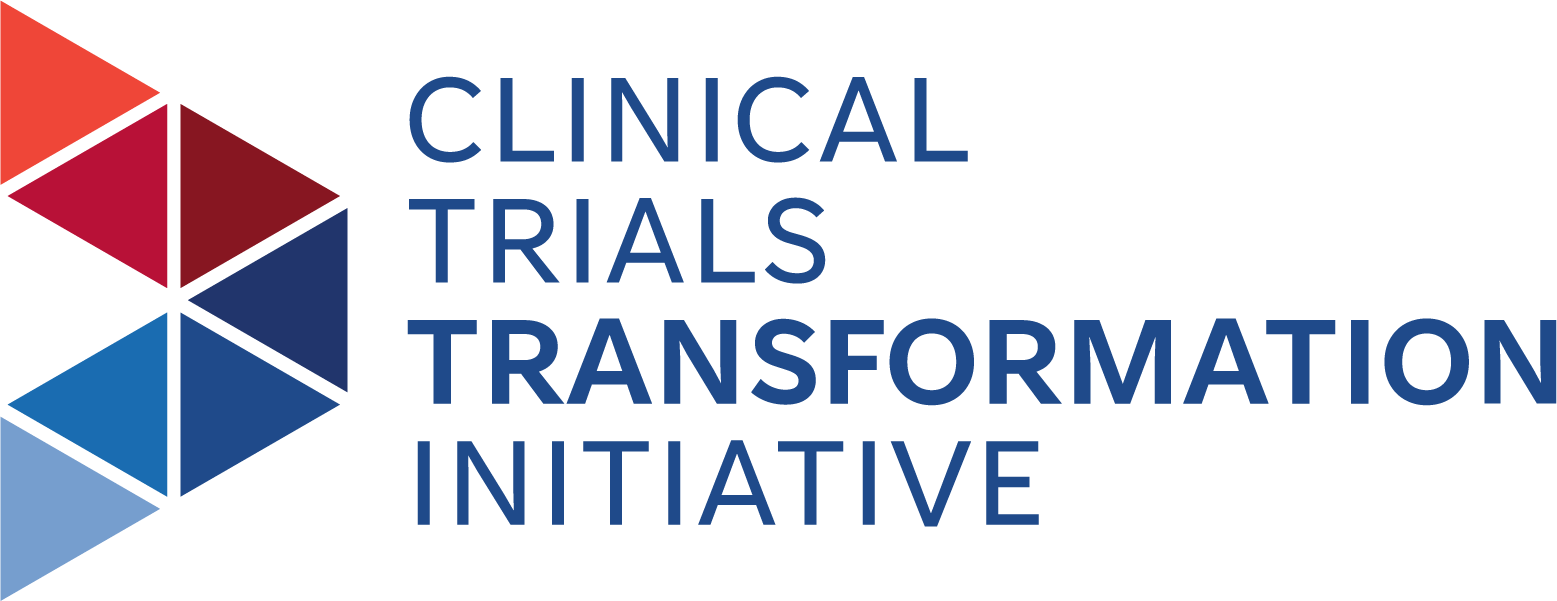MJFF Practices Proactive Quality Design to Effectively Deliver Input that Speeds Parkinson's Progress
MJFF Applies CTTI's Quality by Design Recommendations
SUMMARY
The Michael J. Fox Foundation (MJFF) wanted to
use its extensive clinical trials knowledge to address or remove common
challenges Parkinson's disease trials face early on in the design stage of
studies, with the hope that their input could ultimately speed new insights and
therapies to patients. Here is how the Foundation applied CTTI's Quality by
Design (QbD) recommendations to accomplish this goal.
GOAL(S)
MJFF knows
Parkinson's disease. Once lauded in the New York Times as "the most credible voice on Parkinson's research in the world," the
Foundation is the world's largest non-profit funder of Parkinson's drug
development, and it has galvanized the search for a cure. In 2018, MJFF began
using its extensive clinical trials expertise, which includes former study coordinators, in house
neuroscientists, and other individuals who work closely with the patient
community, to consult with sponsors on trial designs for Parkinson's research
in an effort to pre-emptively identify and address the challenges these studies
frequently face.
CHALLENGES
As
MJFF began building up its protocol consultation service, it sought a more systemic way to package advice and recommendations
to sponsors. The goal was to make it easier for sponsors to review and
understand the feedback the Foundation provided, as well as what areas of the
protocol MJFF was reviewing and what rubric it was using to inform its review.
SOLUTION(S)
Fortunately,
one colleague at MJFF is also a member of CTTI's steering committee, and she
had become aware of CTTI's work on QbD. The idea of designing a clinical trial
in the most efficient, effective, patient-centric manner as possible to
increase a study success aligned perfectly with what the Foundation was trying
to achieve, so CTTI's QbD recommendations became the Foundation's
rubric to evaluate Parkinson's disease protocols.
TAKING ACTION
MJFF advises
sponsors to provide Parkinson's study protocols as early as possible in the
design phase. Once the protocol is in hand, the Foundation gathers its team's
expertise and introduces a QbD evaluation that outlines specific sections, including
feasibility, recruitment, retention, and return of results. Individually, the
expert contributors on the team review the protocol, assessing it through the
lens of each section listed in the QbD metric. After individual review, the
group comes together and discusses thoughts related to each section. Many
times, the team identifies areas the sponsor has overlooked, potential
challenges inherent to the protocol to flag, or opportunities to highlight that
may help facilitate research or ease the burden on the study coordinator. These
comments are listed under each outlined section for ease of review and sent to
sponsors via e-mail, along with the QbD rubric to help sponsors understand the
rationale. A broad
variety of expertise to holistically assess protocols is a cornerstone of the
QbD approach CTTI recommends and fundamental to MJFF's evaluation. For each
protocol, expertise from clinical operations, academia, recruitment and
retention, and the patient perspective is applied to deliver a 360-degree
evaluation that looks at the protocol from multiple perspectives -- true study
feasibility, after all, requires that all of these voices be taken into
account.
IMPACT
Sponsors
have responded positively to MJFF's protocol consultation offering. In
follow-up surveys deployed by the Foundation, each sponsor was asked how likely
they are to request another QbD review from the Foundation, and 100 percent of
respondents said they are likely to request similar consult for another
Parkinson's study.
The
consultations have also made a meaningful difference in study protocols to
date. For
example, in one protocol with a genetic testing component, the sponsor had
listed different vendors that the participant could use for test results to
show they were study-eligible. One piece of feedback the Foundation had in
looking at the list of vendors was that one of the more common vendors was not
on that list. So, the Foundation flagged it with questions: If the patient were
to bring a result from this common consumer genetic testing company, how would
the sponsor react? Would they accept those results? If not, how many
individuals might this exclude? This helped the sponsor to think ahead, and they
eventually agreed to add the additional vendor. As a result, burden on the
patient was reduced for the study and the sponsor avoided a potential protocol
amendment (which is both time-consuming and costly) later down the road if
enrollment was low due to the omission.
ADVICE
The cost
and time of amendments is huge, so the ability to have early feedback on how a
study will be executed is impactful. Using CTTI's QbD recommendations, the
Foundation is able to offer easy-to-digest upfront expertise that translates to
a significant value for sponsors. At the same time, the process furthers MJFF's
mission of not only funding research and educating the patient community, but also
helping research teams who are conducting clinical trials execute efficiently
to help advance treatments to patients in need.
ORGANIZATION
The Michael J Fox Foundation for Parkinson's Research
ORGANIZATION TYPE
Patient
IMPLEMENTATION DATE
2018
TOPIC
Quality
